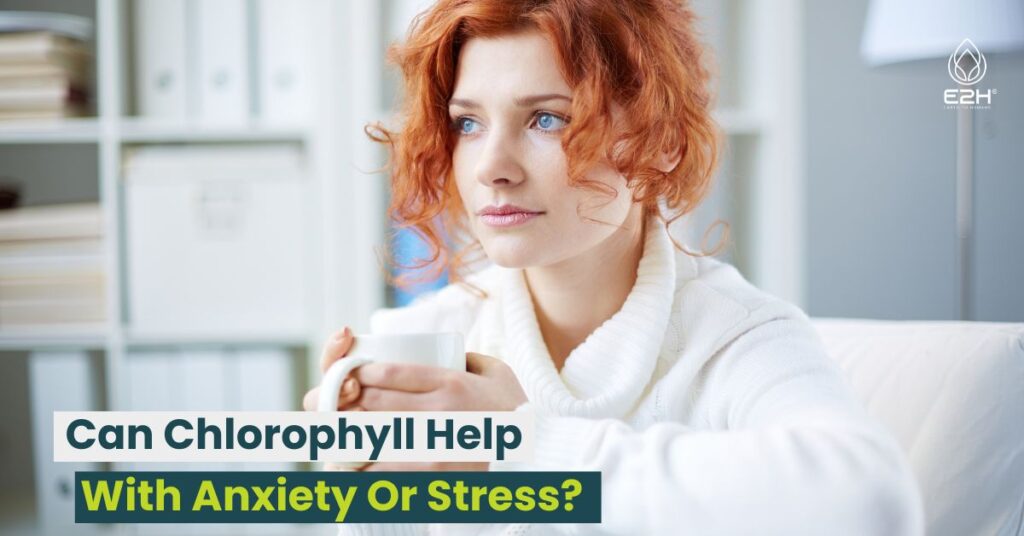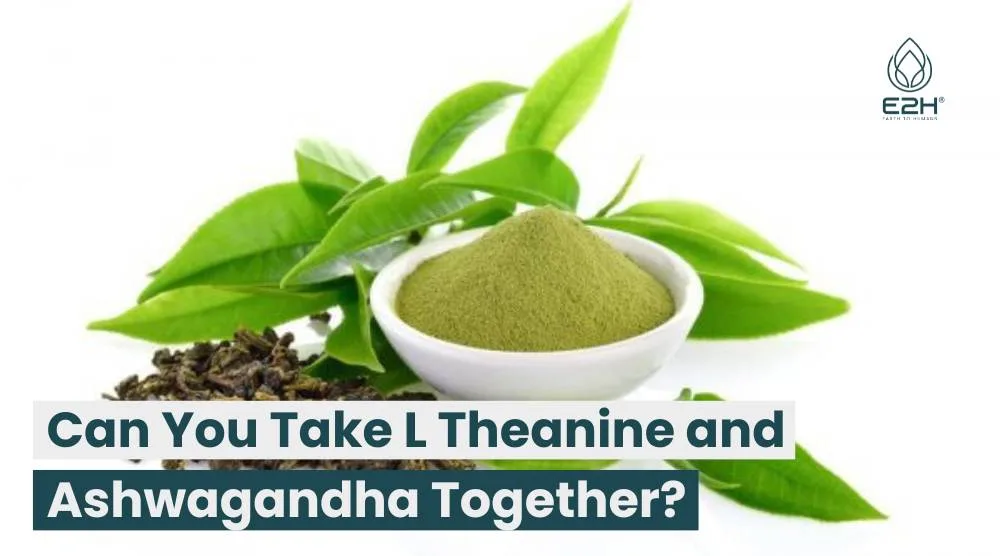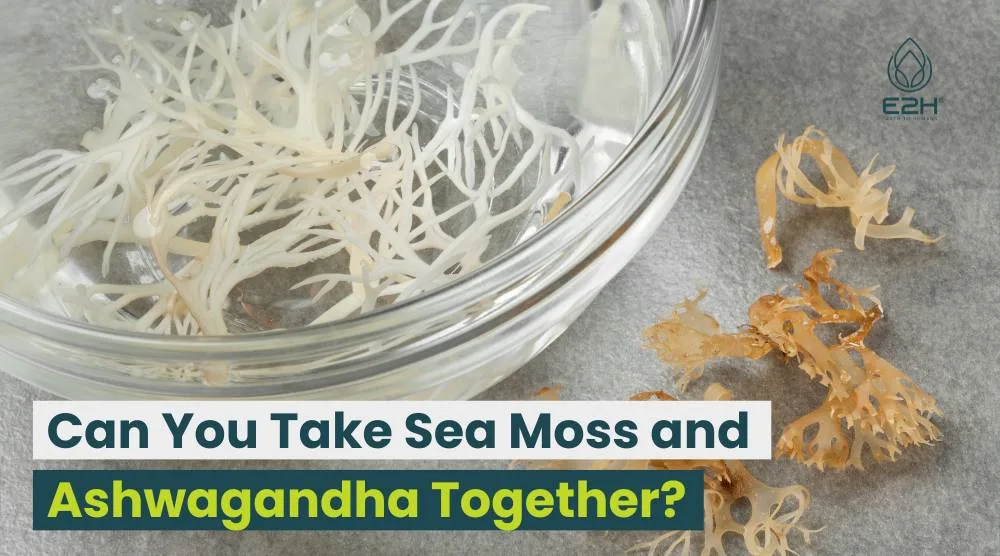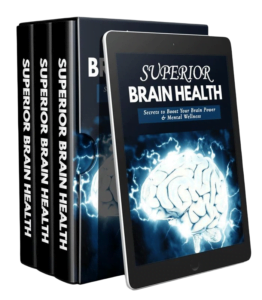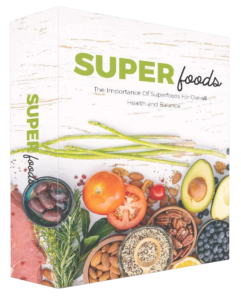Can Chlorophyll Help With Anxiety Or Stress: There is no scientific evidence to suggest that chlorophyll can help with anxiety or stress. While chlorophyll may have some health benefits, such as acting as an antioxidant and promoting healthy digestion.
What is anxiety and stress?
Anxiety and stress are natural responses to perceived threats or challenges in daily life. Anxiety is a feeling of unease or apprehension, often accompanied by physical symptoms like sweating or rapid heartbeat. Stress is the body’s response to a demand or pressure, whether it’s physical or psychological. While both can be normal responses to life’s challenges, excessive or prolonged anxiety or stress can have negative impacts on physical and mental health.
What is Chlorophyll?
Chlorophyll is a pigment found in the cells of plants and algae that is responsible for give plants their green color. It plays a crucial role in photosynthesis, the process by which plants convert sunlight into energy. Chlorophyll has been touted for its potential health benefits, including as an antioxidant and for promoting healthy digestion, but more research is needed to fully understand its effects on human gut health.
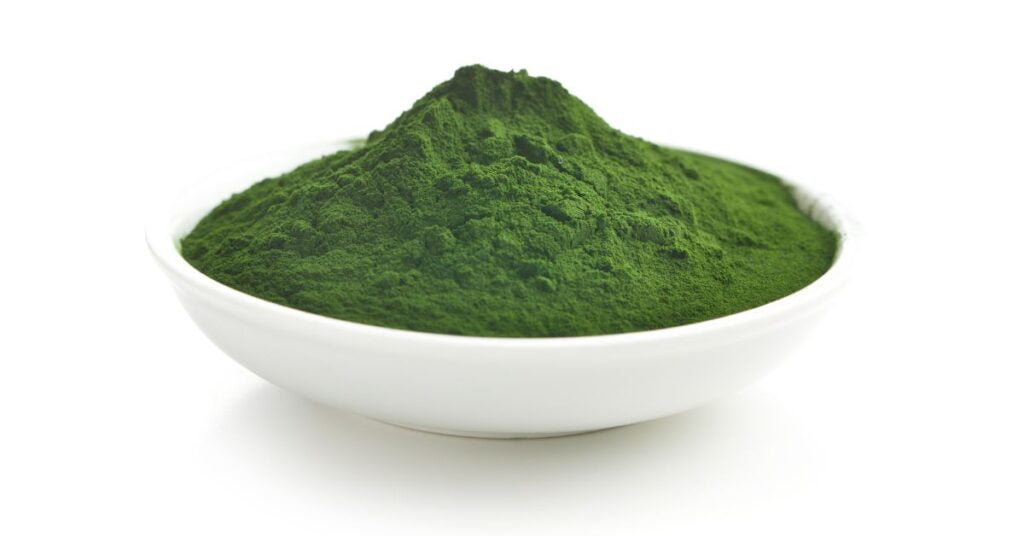
How Does Chlorophyll Help with Anxiety or Stress?
There is no scientific evidence to suggest that chlorophyll can directly help with anxiety or stress. While chlorophyll may have some health benefits, such as acting as an antioxidant and promoting healthy digestion, these benefits do not extend to reducing anxiety or stress levels.
However, research shows that consuming a diet rich in chlorophyll-containing foods may indirectly benefit mental health. Leafy green vegetables, which are high in chlorophyll, are also rich in nutrients like magnesium and B vitamins, which have been linked to improved mood and decreased anxiety. Additionally, consuming a healthy and balanced diet overall can help support overall physical and mental health, which can help reduce the impact of stressors.
It’s important to note that while a healthy diet can be a helpful component of stress and anxiety management, it’s not a replacement for professional treatment if symptoms are severe or persistent. If you’re struggling with anxiety or stress, it’s important to talk to a healthcare professional to determine the best course of treatment for you.
Types of Clinical Anxiety Disorders
There are several types of clinical anxiety disorders, each with its own specific set of symptoms and diagnostic criteria. The most common types include:
- Generalized Anxiety Disorder (GAD): GAD is characterized by excessive and persistent worry about a variety of different topics or situations, often accompanied by physical symptoms such as restlessness, irritability, and difficulty sleeping.
- Panic Disorder: This is characterized by sudden and unexpected panic attacks, which are often accompanied by physical symptoms such as sweating, shaking, and a rapid heartbeat.
- Social Anxiety Disorder (SAD): This is characterized by intense fear or anxiety in social situations, such as speaking in public or meeting new people.
- Specific Phobias: These are characterized by intense fear or anxiety about specific objects or situations, such as heights, flying, or spiders.
- Obsessive-Compulsive Disorder (OCD): This is characterized by persistent and intrusive thoughts or images (obsessions), as well as repetitive behaviors or mental acts (compulsions) that are performed to alleviate the anxiety caused by these thoughts.
It’s important to note that these disorders can vary in severity and duration, and may require professional treatment to manage symptoms effectively.
How does chlorophyll help mental health?
Chlorophyll is a green pigment often found in plants that gives them their green color. It plays a crucial role in photosynthesis, the process by which plants convert sunlight into energy. While chlorophyll is not directly linked to mental health, it is believed to have several benefits that can indirectly improve one’s mental well-being.
Studies have shown that chlorophyll has antioxidant properties, which means it can help protect the body from damage caused by harmful molecules known as free radicals. Free radicals can damage cells in the body and contribute to the development of diseases such stressful conditions such as cancer, heart disease, and Alzheimer’s disease. By reducing the damage caused by free radicals, chlorophyll may help to support overall health, including mental health.
Additionally, some research has suggested that consuming chlorophyll may have anti-inflammatory effects, which can also benefit mental health. Inflammation in the body and brain has been linked to the development of depression and other mental health disorders. By reducing inflammation, taking chlorophyll may help to protect against these conditions.
Overall, while more research is needed to fully understand the impact of chlorophyll on mental health, its antioxidant and anti-inflammatory properties suggest that it may have a positive effect on overall well-being.
How does chlorophyll work in the body?
Chlorophyll works in the body by helping to transport oxygen and other nutrients to cells. It does this by binding to magnesium, which is essential for the formation of hemoglobin, the protein in red blood cells that carries oxygen throughout the body. Chlorophyll also helps to neutralize toxins and other harmful substances in the body, which can help to support overall health.
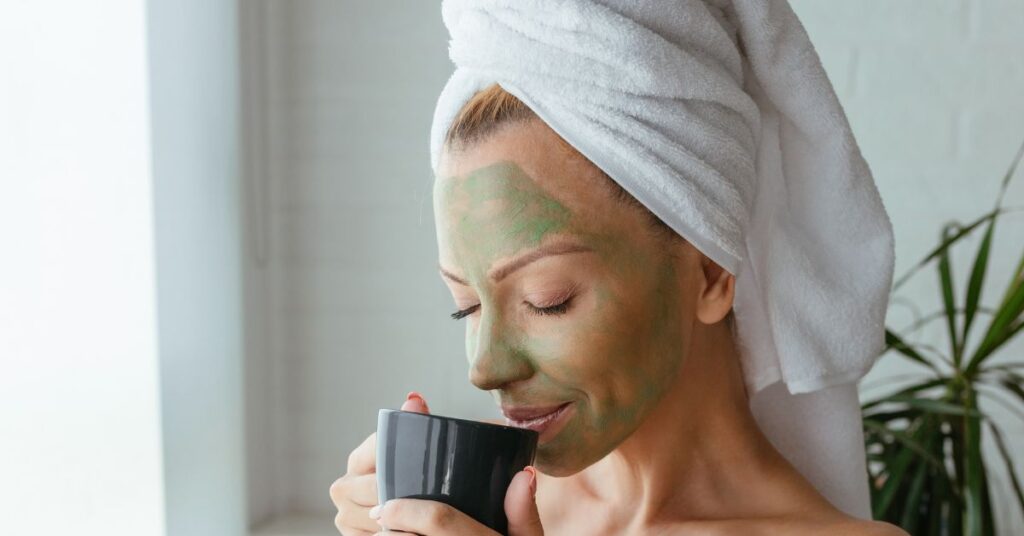
Additionally, some research has suggested that chlorophyll may have antioxidant and anti-inflammatory properties, which can help to protect against disease and support overall well-being. Chlorophyll is not produced in the human body, but can be consumed through foods such as leafy green vegetables or supplements.
Research on chlorophyll and anxiety/stress
While there is limited research specifically on the effects of chlorophyll on anxiety and stress, some studies have suggested that consuming chlorophyll-rich foods may have a positive impact on these conditions. For example, one study found that participants who consumed a green plant extract rich in chlorophyll experienced a reduction in symptoms of anxiety and stress.
However, more research is needed to fully understand the relationship between chlorophyll and mental health. Nevertheless, consuming chlorophyll-rich foods as part of a balanced diet is generally considered to be beneficial for overall health and well-being.
Are there specific nutrients or supplements that can enhance oxidative stress tolerance?
Yes, there are specific nutrients and supplements that can enhance oxidative stress tolerance. Some of the most well-studied include antioxidants such as vitamin C, vitamin E, and beta-carotene, as well as minerals like selenium and zinc.
Other supplements that may improve oxidative stress tolerance include coenzyme Q10, alpha-lipoic acid, and N-acetylcysteine (NAC). Additionally, consuming a diet rich in fruits, vegetables, and whole grains can provide a variety food sources of beneficial antioxidants and other nutrients that can help protect the immune system against and reduce oxidative stress further.
Other potential benefits of chlorophyll supplement
In addition to its antioxidant properties and anti-inflammatory properties, chlorophyll supplements may have other potential benefits. Some studies have suggested that chlorophyll may help to promote healthy digestion and support the growth of beneficial gut bacteria. Other research has explored its potential as a natural remedy for bad breath and body odor.
Additionally, chlorophyll supplements may help to support healthy skin, as they have been shown to have antibacterial and anti-inflammatory effects that can help to reduce acne and other skin issues. However, more research is needed to fully understand the potential benefits of chlorophyll supplements and how they may impact overall health.
How to incorporate chlorophyll into your diet?
There are several ways to incorporate chlorophyll into your diet. One of the easiest ways is to eat a variety of green leafy vegetables, such as spinach, kale, and arugula, which are rich in chlorophyll. You can also add chlorophyll supplements to smoothies, juices, or water.

Additionally, some health food stores sell liquid chlorophyll drops that can be added to water or other beverages. Finally, you can also find chlorophyll-rich foods and supplements in capsule or liquid form here, which can be taken as a dietary supplement.
The Antioxidant Powers of Chlorophyll:
Chlorophyll is a powerful antioxidant that can help to protect cells from damage caused by free radicals. Free radicals are unstable molecules that can damage cells and contribute to the development of diseases such as cancer, heart disease, and Alzheimer’s disease.
By neutralizing free radicals and reducing oxidative stress, chlorophyll can help to support overall health and well-being. Additionally, some research has suggested that chlorophyll may have anti-inflammatory effects, further enhancing its potential as a beneficial dietary supplement.
Can consuming chlorophyll-rich foods or supplements improve the appearance of skin?
Yes, chlorophyll may help to support healthy skin. It has been shown to have antibacterial and anti-inflammatory effects, which can help to reduce acne and other skin issues. Additionally, some research has suggested that consuming chlorophyll-rich foods or supplements may help to protect against skin damage caused by UV radiation from the sun.
However, more research is needed to fully understand the relationship between chlorophyll and skin health, and it should not be relied upon as the sole treatment for any skin condition.
Some Tips for Reducing Stress Through Diet
There are several dietary strategies that can help to reduce stress. One of the most important is to eat a balanced diet that includes plenty of fruits, vegetables, and whole grains. These foods provide important nutrients such as antioxidants and fiber, which can help to reduce inflammation and support overall health.
Additionally, consuming foods rich in omega-3 fatty acids, such as fatty fish, flaxseed, and chia seeds, may help to reduce anxiety and promote relaxation. Finally, avoiding or reducing the intake of caffeine, alcohol, and sugary or processed foods can help to regulate blood sugar levels and reduce stress.
Controlling Anxiety Naturally with Healthy Food Choices
Healthy food choices can play an important role in managing anxiety naturally. Eating a balanced diet that includes whole grains, fruits, and vegetables can help to stabilize blood sugar levels and reduce inflammation, which can help to improve mood and reduce anxiety. Foods rich in omega-3 fatty acids, such as fatty fish and nuts, may also help to reduce anxiety symptoms.
Additionally, incorporating probiotic-rich foods, such fermented foods such as yogurt and kefir, into the diet can support a healthy gut microbiome, which has been linked to improved mental health. Finally, reducing or avoiding the intake of caffeine and alcohol can help to regulate mood and promote relaxation.
Can Chlorophyll enhance the function of red blood cells, resulting in increased energy levels?
There is some evidence to suggest that chlorophyll may help to enhance the function of red blood cells, which could potentially result in increased energy levels. Chlorophyll is structurally similar to hemoglobin, the protein in red blood cells that is responsible for transporting oxygen throughout the body.
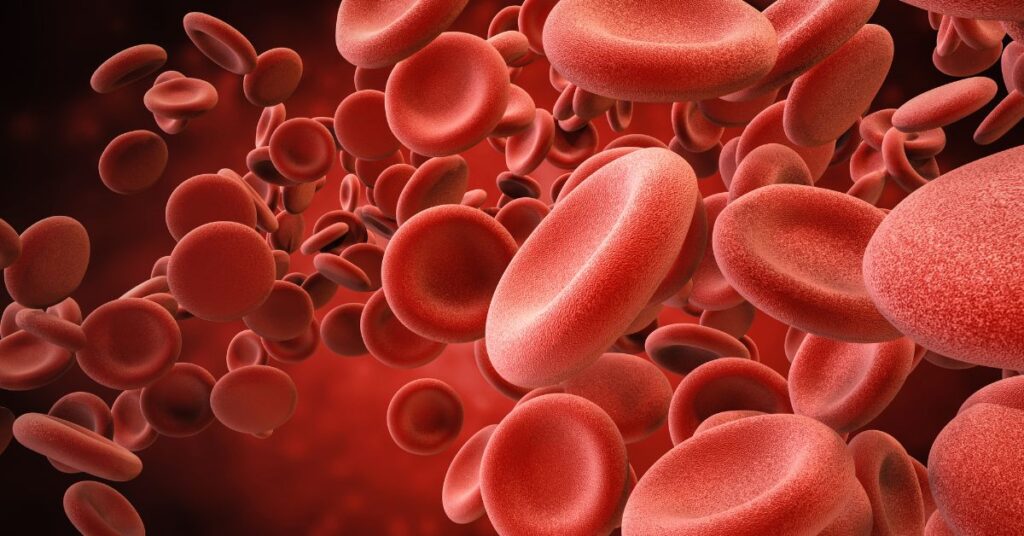
Some research has suggested that consuming chlorophyll-rich foods or supplements may help to improve oxygen delivery to tissues and support the production of red blood cells. However, more research is needed to fully understand the relationship between chlorophyll and energy levels, and it should not be relied upon as a sole treatment for fatigue or low energy.
Are there specific nutrients found in dark leafy greens that promote overall health and well-being?
Yes, dark leafy greens are packed with nutrients that can promote overall health and well-being. They are rich in vitamins like vitamin A, vitamin C, and vitamin K, as well as minerals such as calcium, iron, and potassium.
Additionally, they are a good source of dietary fiber, vitamins and antioxidants, which can help to reduce inflammation and protect against chronic diseases such as cancer and heart disease. Dark leafy greens are also often low in calories and high in water content, making them a great choice for weight management healthy metabolism and hydration. Incorporating a variety of dark leafy greens into your diet can provide numerous health benefits.
Natural Supplements and Treatments for Anxiety: What the Research Says About Supplements for Anxiety
FAQs
Can I take chlorophyll supplements for anxiety and stress?
While some studies suggest that chlorophyll may have anxiolytic effects, more research is needed to determine the most effective doses and forms of chlorophyll for these purposes. It is always best to consult with a healthcare professional before taking any new supplements, especially if you are currently taking medication or have any underlying health conditions.
Is chlorophyll safe to consume?
Chlorophyll is generally considered safe for consumption, and there are no known serious side effects associated with its use. However, some people may experience mild side effects such as diarrhea, nausea, or stomach cramps. If you experience any adverse effects after consuming chlorophyll, it is best to stop using it and consult with a healthcare professional.
Can I consume chlorophyll through food and drinks instead of supplements?
Yes, chlorophyll is naturally found in many plant-based foods and drinks such as spinach, kale, parsley, and green tea. Consuming these foods and drinks may be a more natural and safer way to incorporate liquid chlorophyll into your diet.
Conclusion
In the end, while there is some limited evidence to suggest that chlorophyll may have anxiolytic effects, more research is needed to confirm these effects and to determine the most effective doses and forms of chlorophyll for these purposes. It is always best to consult with a healthcare professional before taking any new supplements, especially if you are currently taking medication or have any underlying health conditions.
His research and writing have been featured in numerous publications, and he is dedicated to helping people understand the importance of these vital nutrients in maintaining optimal health. If you're looking to improve your well-being through diet and nutrition, Christopher is the expert to turn to.
- Can I Take Maca and Ashwagandha Together: YES! - January 7, 2024
- Can You Take Ashwagandha And Liquid Chlorophyll Together: YES! - January 7, 2024
- Can You Take Shilajit and Ashwagandha Together? - January 7, 2024


